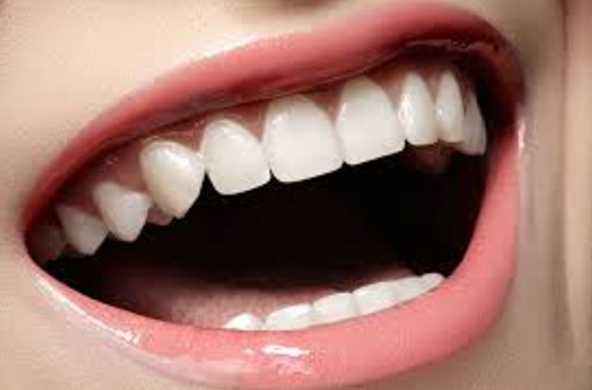
Do you often look in the mirror and cringe at your smile due to mal-spaced teeth, decreased enamel, chips, or dental stains? If so dental veneers may be your solution, but before you go out and plunk down a ton of cash for this procedure we have compiled some pros and cons to this popular procedure to help you decide if dental veneers are right for you.
What are Veneers?
Dental Veneers are thin layers of porcelain that are permanently attached to the surface of your teeth. They are used to correct minor dental issues such as poor spacing, chipped and worn enamel, and severely stained teeth.
Pros:
- Whiter Smile – Dental Veneers are made of porcelain making them resistant to staining. Because porcelain is similar to glass in its ability to fight stains through its smooth surface forcing potential stain causing agents to slide off, veneers are much easier to maintain a whiter smile.
- Minor Cosmetic Fixes – Small gaps, cracking, and chipping or worn down uneven teeth can be camouflaged with the application of dental veneers. Although your teeth will not be straightened, the application of permanently adhering dental veneers hides these small imperfections providing you with the appearance of straight, perfect teeth.
Since veneers only work on certain kinds of cosmetic issues, you will need to consult with your dentist to see if you are a candidate for the procedure. If you are attempting to fix crooked or misaligned teeth you may be sent to an orthodontists first in order to correct more severe problems before the veneers can be applied.
- Replace Enamel Loss – Once you lose tooth enamel through aggressive brushing, acidic foods and drinks, and stomach acids, it cannot be reversed. However, it can be replaced with dental Veneers. Dental veneers take the place of enamel creating a barrier against decay and further enamel erosion.
Cons:
- Expense – According to a survey of the American Academy of Cosmetic Dentistry performed in 2013, the average cost for a single veneer came in at approximately $1,253 per tooth. Since veneers are often considered cosmetic, they are typically not covered by dental or health insurance.
- Irreversible – Because the physical structure of your teeth must be modified, removing the outer layer of enamel so that the veneers will fit properly, this process is irreversible.
- Heightened Sensitivity – If you already suffer from tooth sensitivity veneers may not be right for you. Although most sensitivity to cold or hot temperatures will go away after a few days, some individuals may have an increased sensitivity to hot or cold foods and beverages. Tooth sensitivity can be managed though through the use of special toothpaste and mouthwashes.
Dental veneers are a great way to correct a not so happy looking smile if you can afford them. They correct minor issues, prevent staining, and correct enamel loss. But if you have sensitive teeth or are looking for an inexpensive, temporary fix-it-all solutions dental veneers will not be right for you. Consult your dentist to find the best solution for your situation and decide if dental veneers are the correct for your needs.